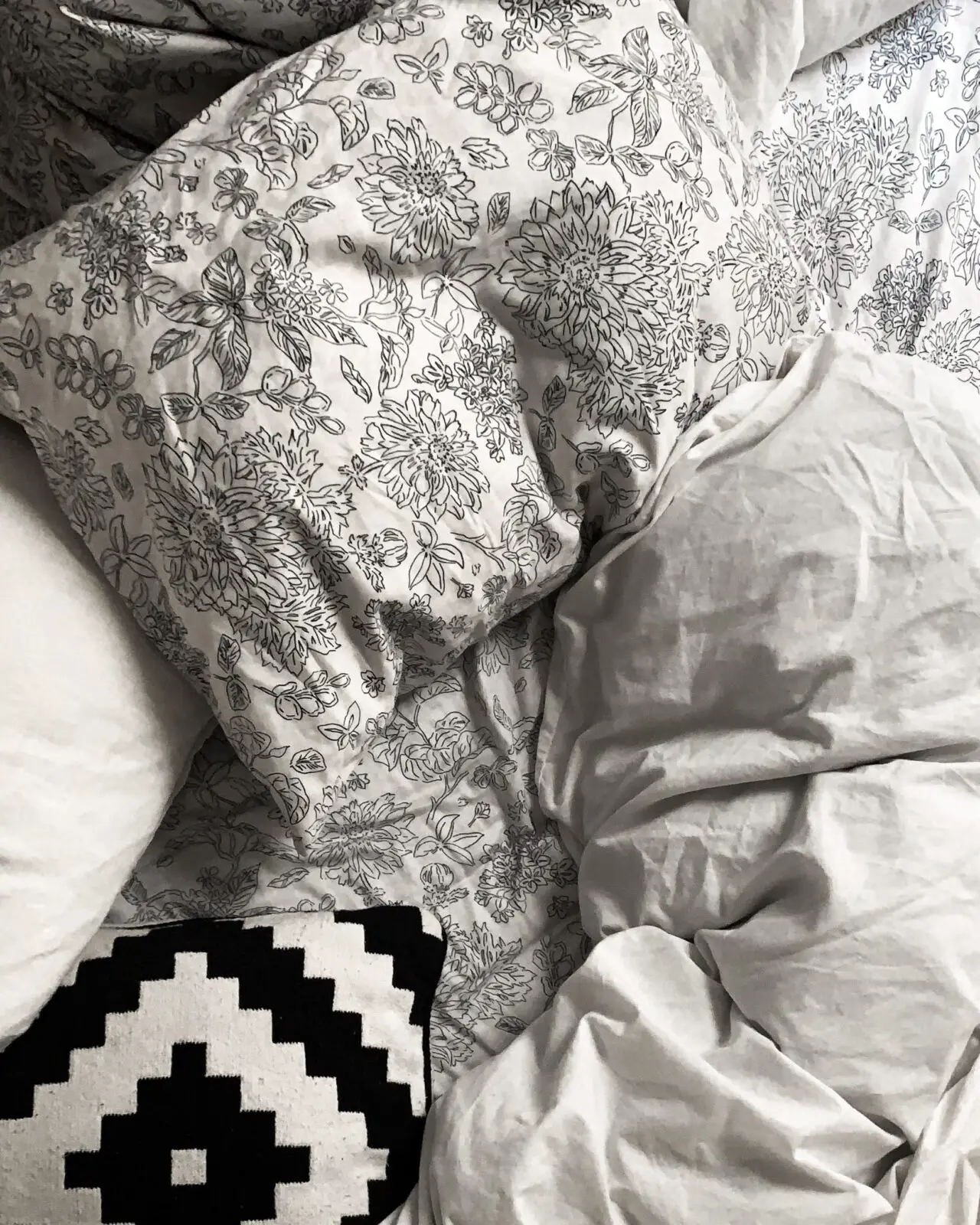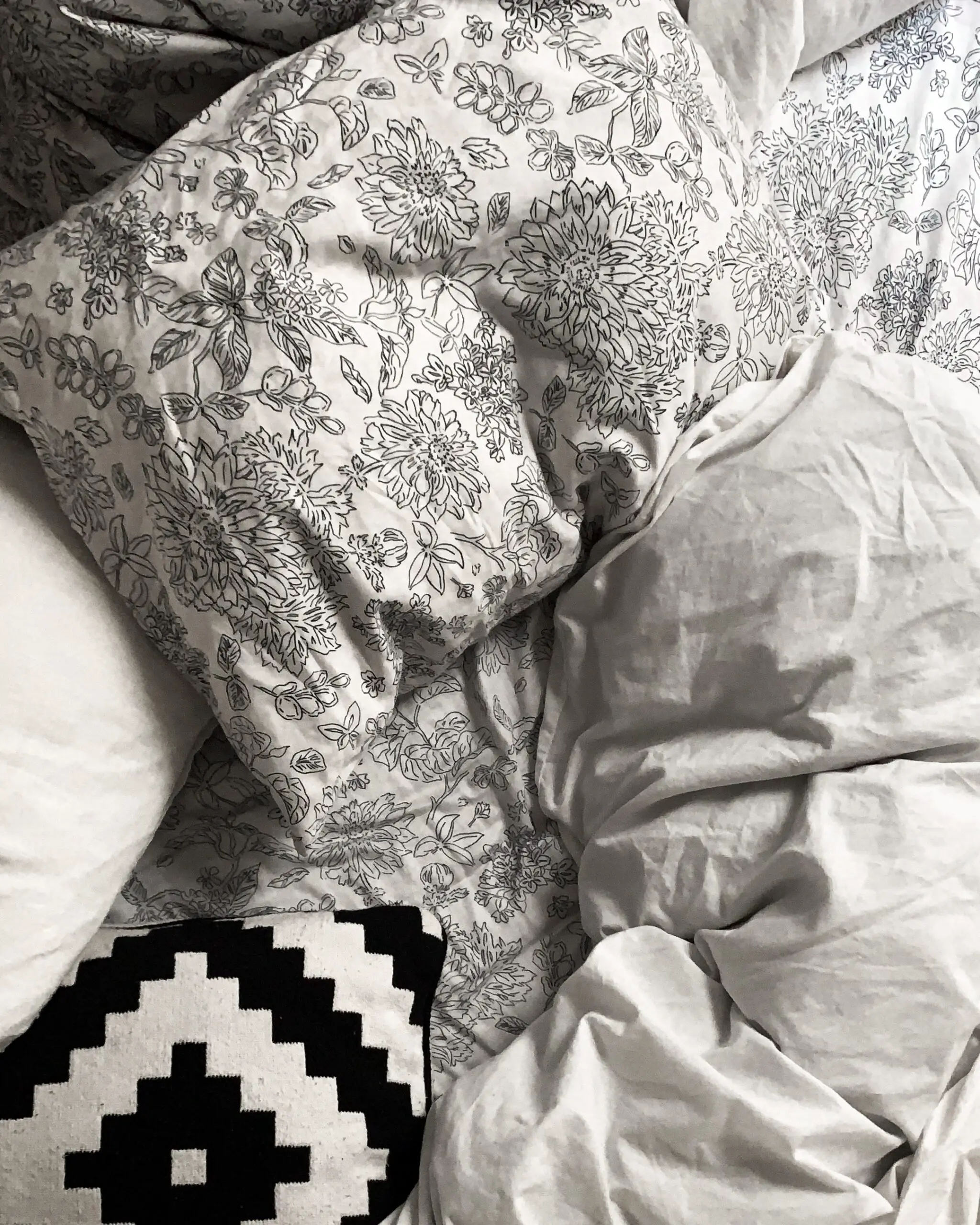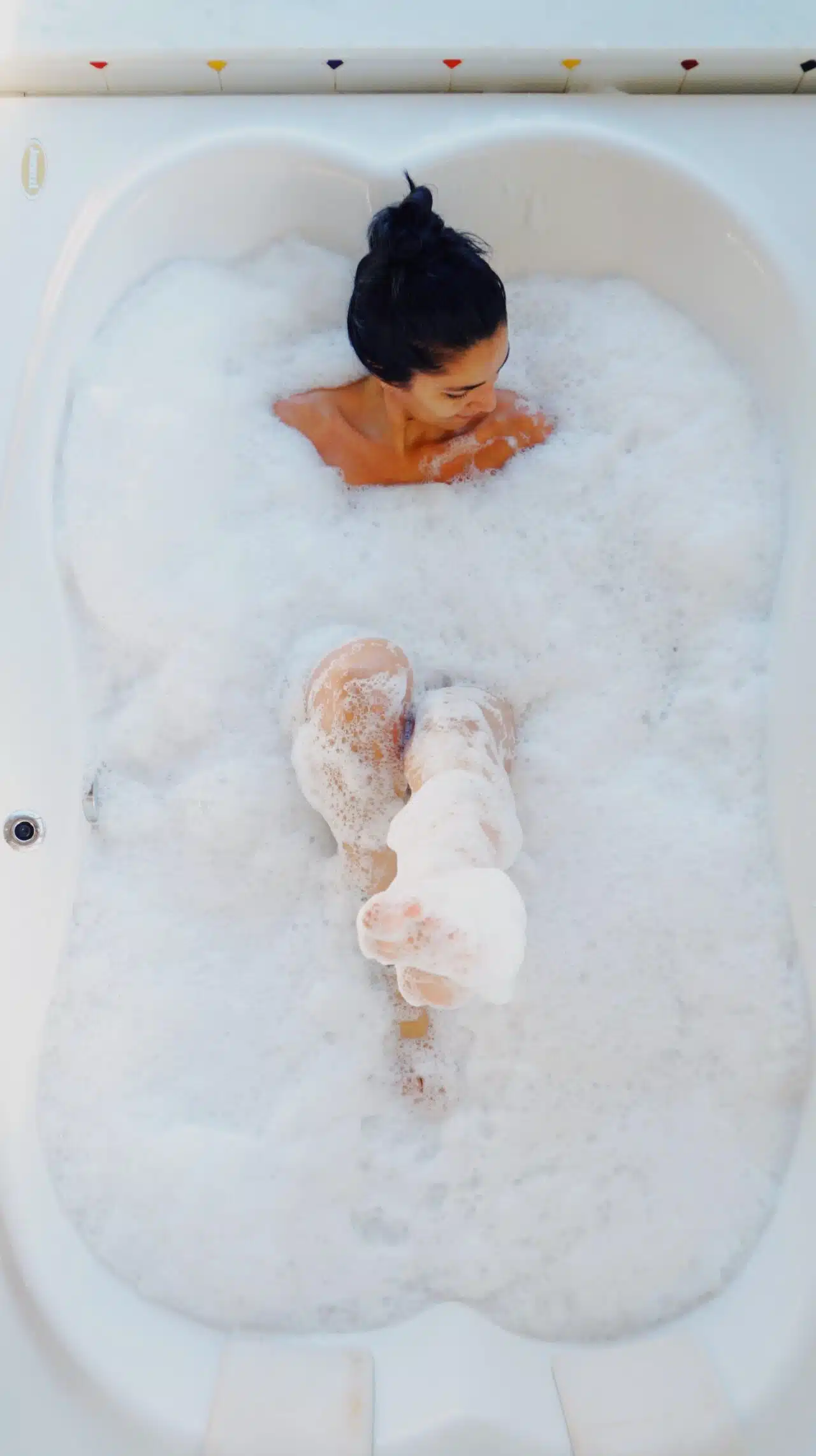Sleep Hygiene: Tips on How to Improve Your Sleep
Getting a good night’s sleep is important in maintaining good physical and mental health. Lack thereof can have adverse effects on your emotional balance, daytime energy, weight, and productivity levels. Your lifestyle can contribute to poor sleeping habits causing you to toss and turn at night. Having good sleeping hygiene and creating a conducive sleeping environment is key to improving your sleep.
What is Good Sleeping Hygiene?
The activities and routines you engage in before sleeping are referred to as sleep hygiene. As we grow older, our sleeping patterns are affected. If you are experiencing sleeping problems, fine-tuning your sleep hygiene can solve them. Good sleeping hygiene entails monitoring your sleep environment and bedtime schedules. You might need to buy new curtains, a sound machine, or renew your bedding to improve your sleep hygiene.
The following tips will help you improve your sleep through better sleep hygiene.
Note: This post may contain affiliate links, which means if you buy from my link I might make a small commission. This does not affect the price you pay. See the full affiliate disclosure here.
- Darken your Bedroom
Falling asleep in a room where light is streaming in through the window can be difficult. There are various sleep stages. If you find yourself waking up during the lighter stages, it is time to get a window replacement here. Ensure your bedroom is cool, dark, and without distractions.
Avoid using your phone before sleeping, as blue light can be a distraction, use curtains that block light from outside, and if you have to wake up at night, use nightlights as opposed to bright lights.
- Maintain a Consistent Sleeping Schedule
Know your body and how much sleep it needs for you to create a consistent sleeping pattern. Depending on the number of hours your body needs to be asleep, prepare for bedtime early enough. Also, ensure you maintain a regular sleeping and waking schedule.
- Start Exercising
Exercising not only keeps you physically fit but also helps you sleep better. However, your exercising time can affect your quality of sleep. Exercising in the morning is a good way to start your day as it gets you motivated, and at the end of the day, you’re exhausted enough to fall asleep.

Evening workouts, if necessary, should be light and done three hours before your bedtime. In the evening, heavy workouts increase cortisol levels, body temperature, and adrenaline, making it difficult to fall asleep. A morning workout is a good sleep hygiene exercise.
- Have a Relaxing Routine Before Bedtime
A relaxing routine could include having a warm bath, listening to sleep music, sleep casts, nature sounds, or meditating an hour before bedtime. This gives you a smooth transition from being awake to sleeping.
- Avoid Stimulants Late in the Day
Consuming coffee or tea is a great way to catch-up with friends and family. However, taking these beverages, which have a substantial amount of caffeine late in the afternoon or at night, is poor sleep hygiene. Drinking alcohol and smoking cigarettes before your bedtime will make your sleep fitful, and morning groggy. If you have to, take them three hours before sleeping.
- Minimize Distractions and Maximize Comfort
Sleeping is the only time your body gets to relax fully. A high-quality mattress and pillow make your body comfortable for you to rest and avoid muscle pains and aches. Fresh sheets and a comfortable blanket create an inviting environment for you to relax.

For a better sleep environment, minimize noise by using headphones or earplugs. If you are using an air conditioner, turn down your thermostat a few degrees, keeping it between 60 to 65 degrees. A cooler environment helps you sleep better and faster. Pleasant natural aromas from essential oils or flowers in your bedroom can soothe you to sleep.
- Watch What you Eat and When you Eat
Your diet can affect the quality of sleep you get. Eating spicy foods, especially those high in acidity, such as citrus, sugar, and heavy metals can make your sleep fitful. A lighter dinner composed of fish or lean meat can fill you up when eaten early enough and help avoid snacking later in the night. If you have to snack before bedtime, drink a smoothie, or eat a snack rich in carbohydrates. This triggers the brain to release serotonin, helping you sleep faster.
- Stay Away From your Bed During the Daytime
Having a comfy bed that is inviting can tempt you to go to bed during the day to meditate, have some alone time, or hang out with your partner. This can cause sleep problems during bedtime.
Bottom Line
Practicing good habits before bedtime and changing your lifestyle habits can improve your sleep hygiene and improve your sleep quality. To create a conducive sleeping environment, add fresh flowers in your bedroom to give you a naturally soothing scent, darken your room, and eat healthy foods early enough.






